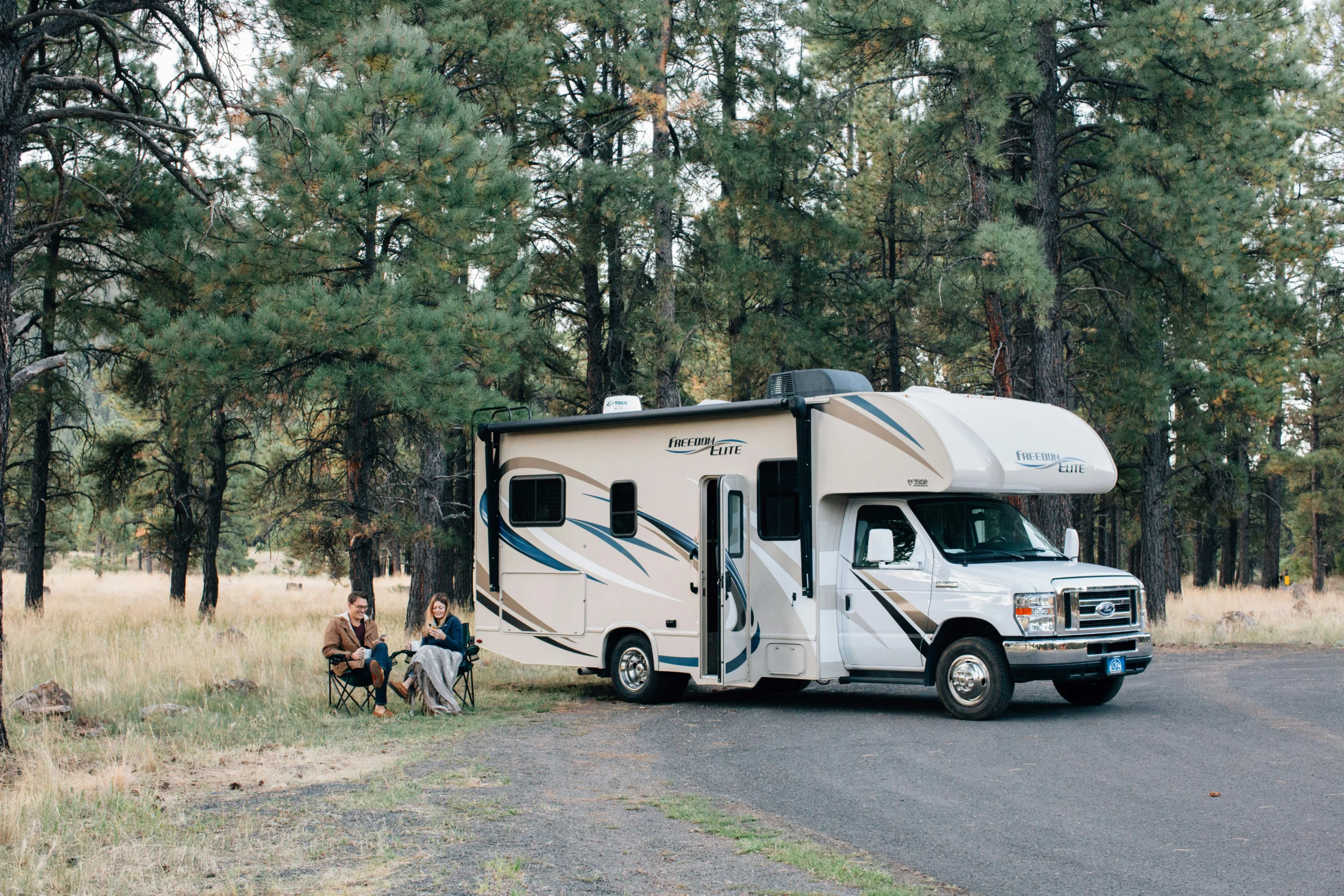Off-grid living allows for greater independence, a disconnect from the largely wired world, and a return to natural living. Known as a self-sufficient lifestyle, off-grid living brings individuals a new connection to their responsibility for their way of life.
On a greater level, off-grid living fulfills a greater want of private care and self-reliance. The world has been deeply seeded with ways of life that take people away from nature, away from self-sustaining means, and away from control over basic needs.
Considering off-grid living? Here’s everything you need to know.
Off-Grid Living: Finding Self Sufficiency
Off-grid living encourages a stronger tie between self and responsibility. Off-grid living places a large portion of daily conveniences on the shoulders of the individual. Before fully disconnecting, it’s important to reflect on your own habits and behaviors.
Off-grid living requires that the person take charge of typically public services, such as water, power, and sewage, and bring them into the private sector. This means relying on yourself for the sufficiency and the efficiency that the on-grid lifestyle brings.
This decision isn’t an easy one but comes with a great many benefits! Off-grid living allows for independence on a large scale, a smaller carbon footprint, and a more affordable household.
That’s right, off-grid living is cheaper and greener! Achieving self-sufficiency through change also brings a more eco-friendly lifestyle that gives back to nature in a responsible way. If this sounds like a perfect fit for your life, here are the basics for making the switch!
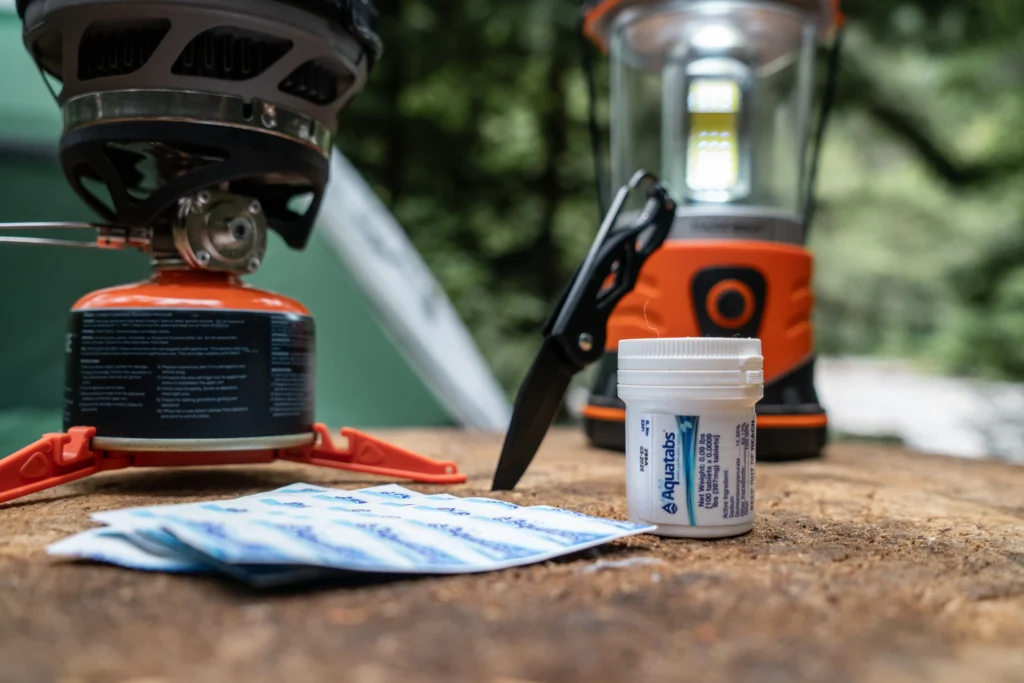
Tips and Advice: What to Know Before Disconnecting
- Find community.
The best way to ease into this new style of living is finding others within the same community. Finding this community will guarantee support in the move from grid to off-grid living and gives you a place to ask questions to those who have already started living off-grid!
- Perfect your green thumb.
Though not entirely necessary, committing to off-grid can extend to building a sustainable food source. Gardens and aquaponics systems become a reliable source of food without the return to gridded living.
Reading up on the environment around you, proper soil, and vegetation basics will be essential to this new way of living.
- Learn composting.
Going hand in hand with the previous tip, learning to compost will also be a great asset when living off-grid. Composting takes care of larger waste products coming from biodegradable sources, like food, which cuts out the need for community waste-management.
Composting has been a proven way to aid in garden growth and decrease your carbon footprint.
- Educate yourself on power options (and have multiple options).
With off-grid living, your source of power will be placed within your hands. Becoming your responsibility, you’ll need to educate yourself on the many options of power sources and their benefits and setbacks. Solar, wind, and hydro electricity are the primary sources of power for those living off-grid.
This lifestyle requires a large focus on selecting a power source as electricity does everything from fueling your off-grid heat to your off-grid hot water and lights.
Off-griders further encourage that you opt into multiple sources in case of a system failure or a drought of some kind. Giving yourself as many resources as possible will better support your living.
- Examine water options.
Without access to a water system, you’ll need to source your own water. Meaning, these off-grid water systems are part of your off-grid essentials! Probably the most commonly known, rainwater collection is a huge source if you live within a wetter area. You can also opt for well water or fresh springs.
Note that in the look for water sources, you must also invest in water storage systems to hold the collected and cleaned water. It’s important to learn about the variety of options to find a solution that best suits you and your environment.
- Know the basics of off-grid water purification.
Finding an off-grid water filter is an essential for off-grid living. Without access to the public water system, sourcing, maintaining, and filtering water relies on the off-grider. Investing in high-quality water purification tools and filtration systems is necessary for healthy living.
These can come in a variety of filters, depending on how you approach water purification. Sourcing indoor and outdoor water filters is the safest way to ensure safe water. Remember, rain water purification and spring water purification may not look the same. Research your options when it comes to bringing drinkable water into the home.
- Know the laws.
Yes, there are laws to living off-grid! These laws differ depending on where you live, so be sure to keep up to date on any and all requirements. The majority of these laws revolve around zoning, permit rights, and building requirements. Be sure to research your area to ensure you’re making the move legally.

Sourcing the Best Products: The Fundamentals
Investing in some off-grid essentials allows for an easier transition from on-grid to rural living. These are products that have to sustain daily use and provide foundational access to necessities for everyday living in your new home.
Water purification and filtration is a huge part of these essentials. Water is used in daily life for washing, drinking, cleaning, bathroom use, and gardening. Finding the best products for this aspect of day to day is quintessential for a prosperous off-grid life.
- Water filtration
Water filtration systems are off-grid essentials. Lucky for you, Business Connect Adventure offers a selection of water filtration and purification products that work with your needs. From home filter products to individual use purification tablets, Business Connect Adventure has everything you need to care for your water when living off-grid.
- Rain barrels
Whether you’re collecting rain water for yourself or for your garden, investing in a high quality rain barrel is essential for your independent life. If you’re looking for a plot of land to settle down at, a sturdy rain barrel may be ideal. However, if you are looking to live the traveling off-grid life, a collapsible rain water barrel would be perfect for when you want to pack up and go.
- Composting bins
Without access to city garbage services and the reliance on a garden, composting is a perfect way to dispose of biodegradable trash and foster a fruitful garden. Composting bins can be found for countertop storage as well as backyard storage and make for a great way to create healthy, nutritious fertilizer for your garden.
- Cordless tools
With a new reliance on independently sourced electricity and a new portion of home projects being placed on your shoulders with off-grid living, a cordless tool set will make every problem easier. Whether it’s a tool kit of powerless tools or a battery operated tool kit, these solutions are a must for your future living.
As always, ensure that the research you conduct for such products reflects the needs of the home that you are building. Investing in products that nurture the needs of you and your family is the best way to invest in your home.
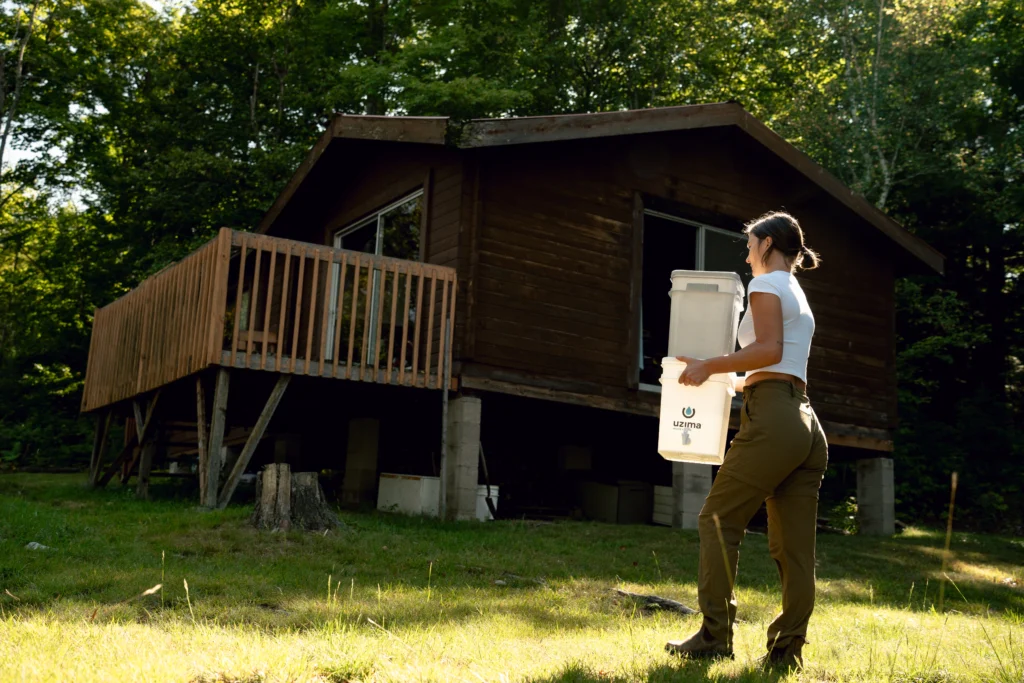
Off-Grid: The Lifestyle for You
Freedom, independence, and green, off-grid living is the perfect way to reunite with nature and strengthen your self-reliance. With these off-grid essentials in mind, embrace your return to a more natural way of living! It’s meant for those adventurers out there that jump at the chance to seek environmental change and independent living. To learn more about off-grid living and traveling lifestyle, Business Connect Adventure has created a list of RVs perfect for this type of living.
Related Posts
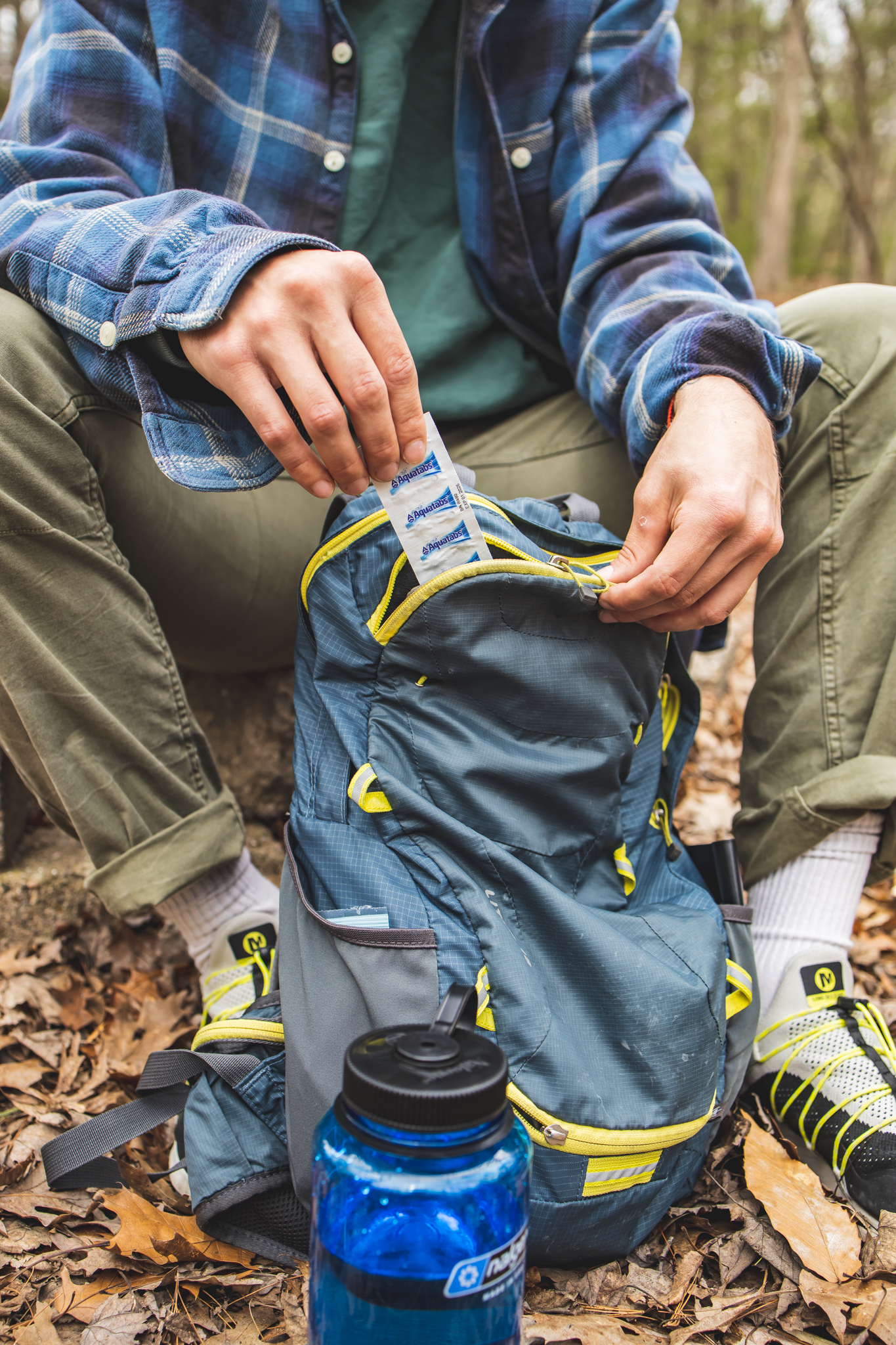
Why Every Hiker Should Carry Backup Water Purification Tablets
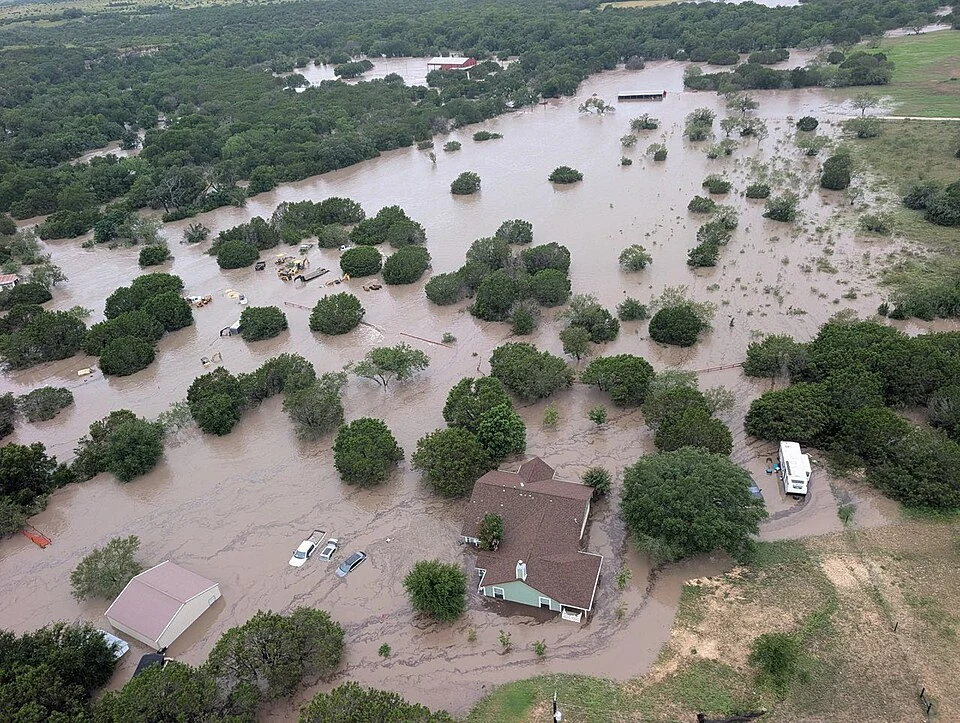
Texas Floods and Hurricane Season: How To Purify Floodwater
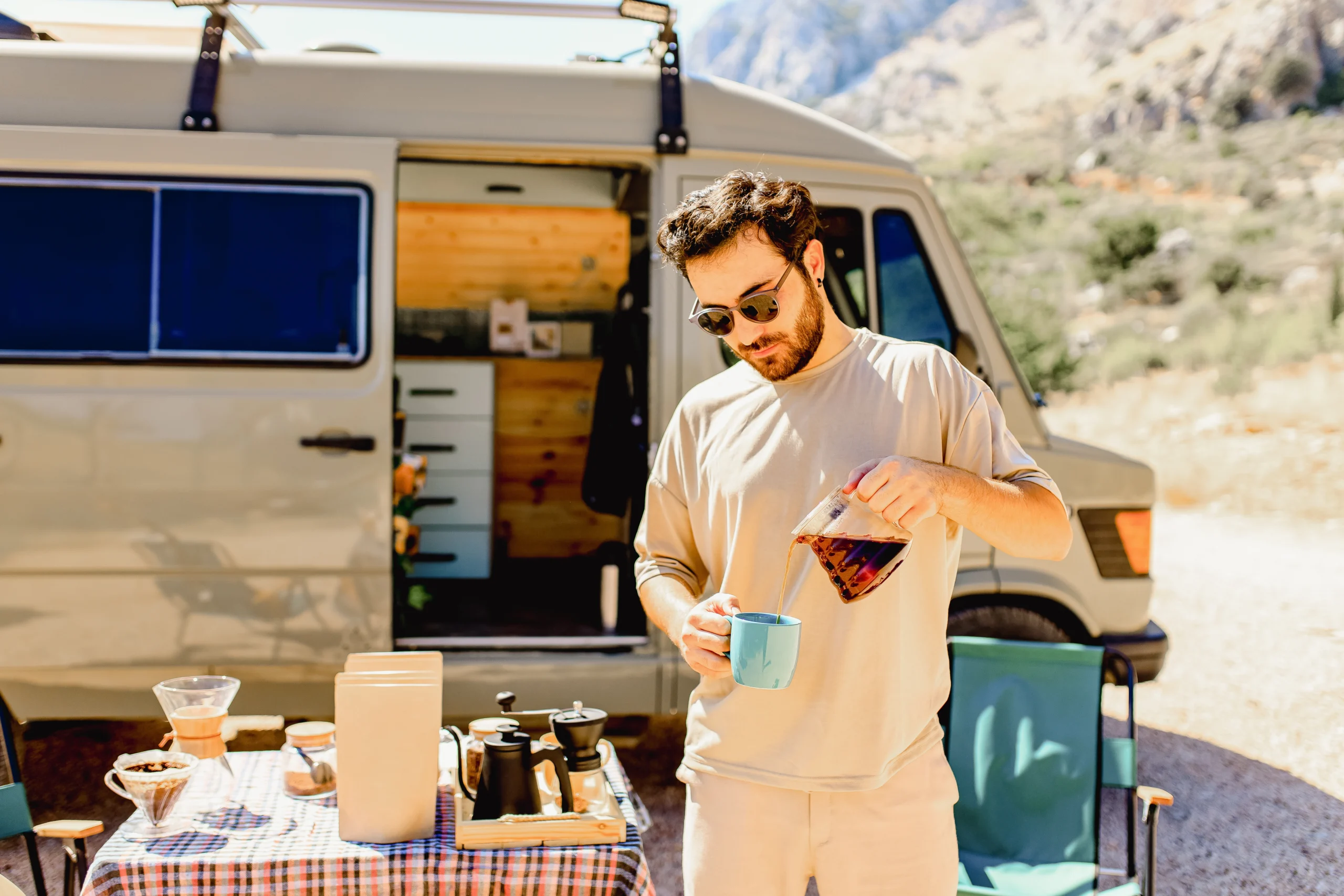
Off-Grid: This is What You Need Before Living the Quiet Life
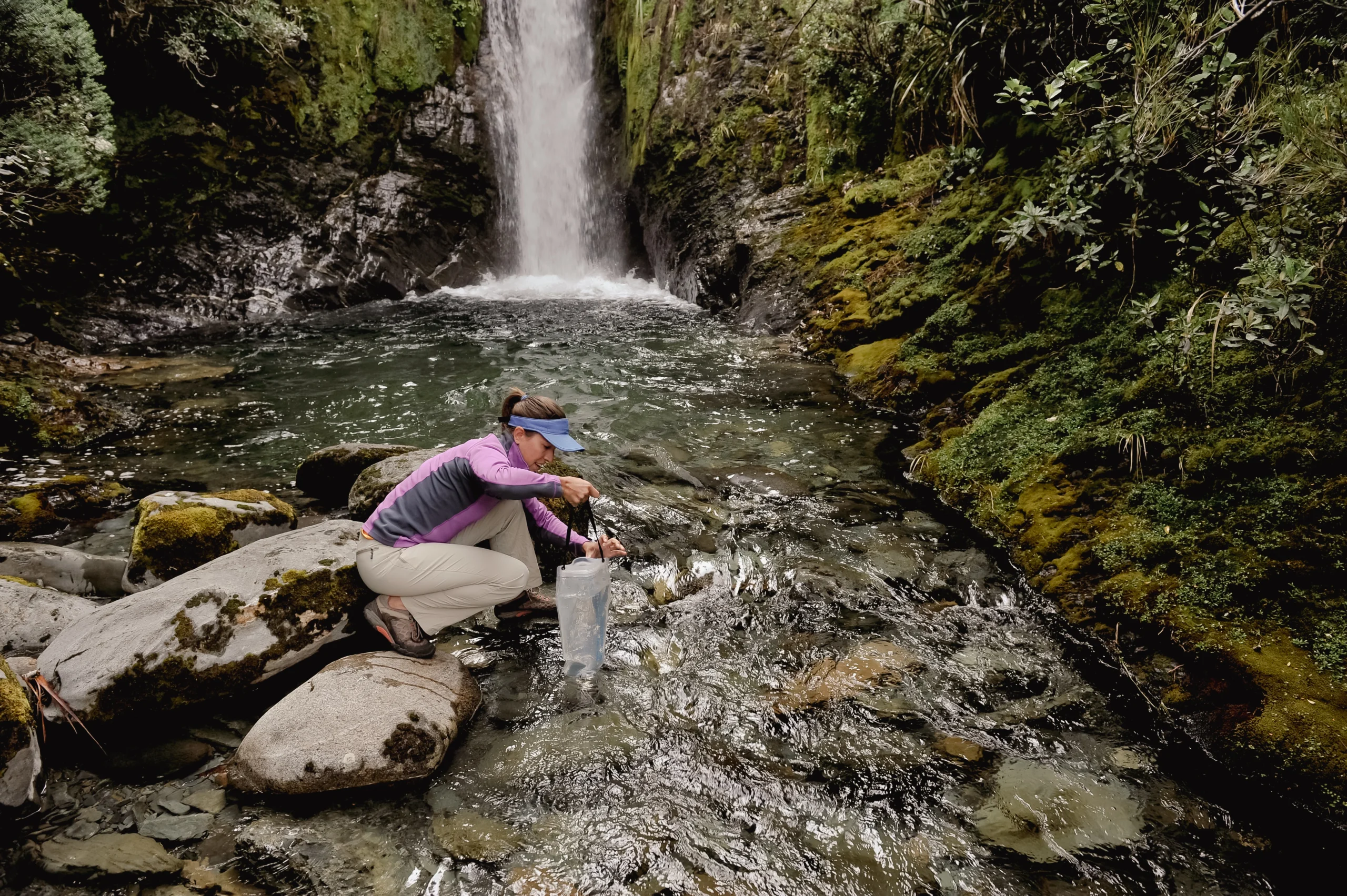
Hydration Hacks for Summer Adventures
